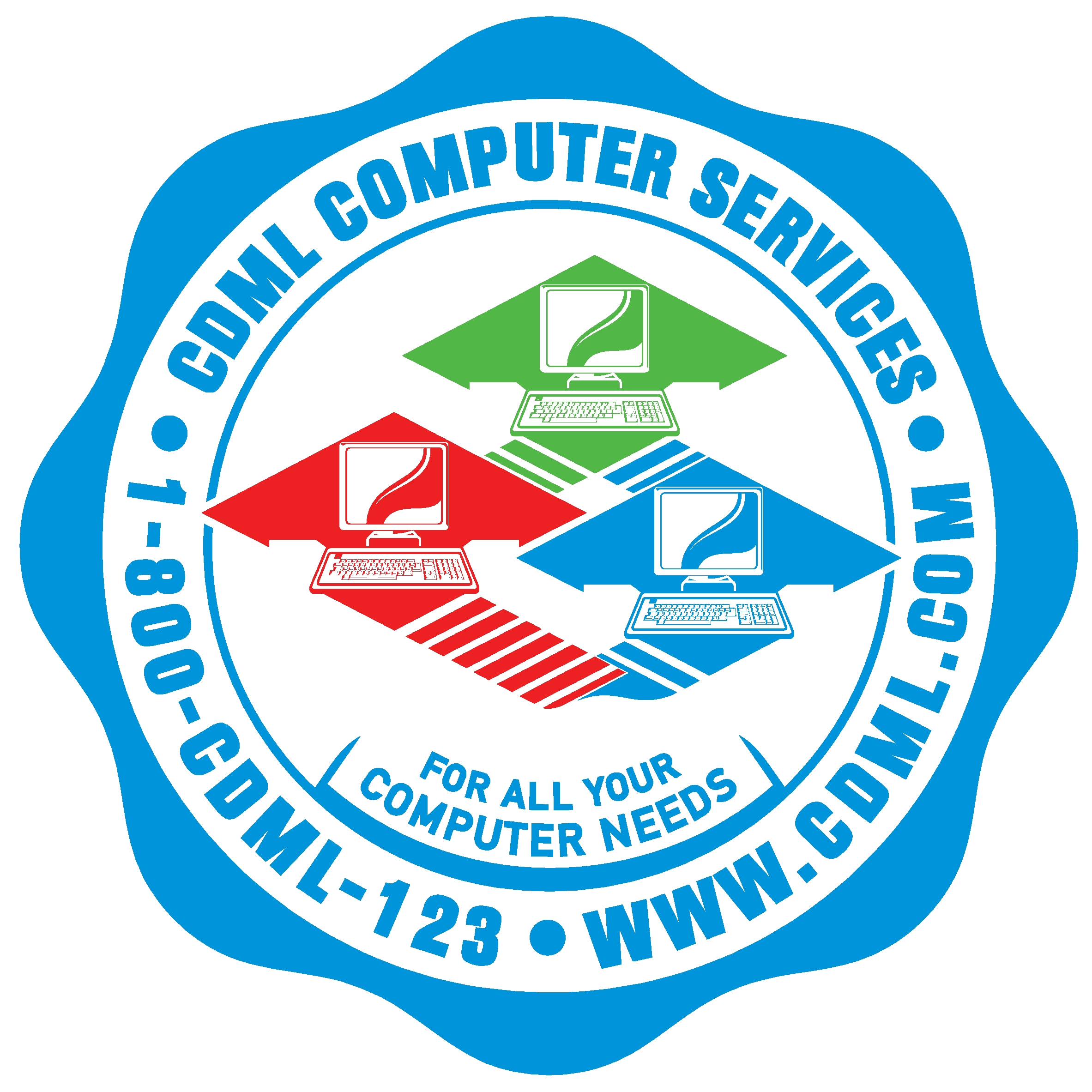Beware of Evil-Twinning WiFi Attacks: How to Protect Yourself from Fake Networks

WiFi networks have become an essential part of our daily lives. Whether at home, in a coffee shop, or while traveling, connecting to the internet has become second nature. But this convenience comes with risks, especially from Evil-Twin WiFi attacks, a growing cyber threat that can put your personal and business data at serious risk.
What is an Evil-Twin WiFi Attack?
An Evil-Twin WiFi attack occurs when a hacker sets up a fake WiFi network that looks identical to a legitimate one. These fake networks trick users into connecting, thinking they’re using a trusted connection. Once connected, the attacker can intercept everything the user does online, potentially stealing passwords, banking details, and other sensitive data.
For example, if you’re at a café and trying to connect to the “Cafe_Free_WiFi” network, a hacker could have set up a fake network with the same name. If you connect to this network, the hacker could steal your personal information or install malware on your device.
How Evil-Twin WiFi Attacks Work
- Creating the Fake Network: The attacker creates a WiFi network that mimics the name (SSID) of a legitimate one.
- Tricking Victims: Users connect to the fake network, believing it’s safe.
- Stealing Data: Once connected, the attacker can intercept data, including login credentials and private communications.
- Infecting Devices: The attacker may install malware on your device, giving them access to your data long-term.
The Dangers of Evil-Twin WiFi Attacks for Individuals
Evil-Twin WiFi attacks often target individuals, especially those connecting to public WiFi in airports, hotels, coffee shops, or other public spaces. Hackers exploit the fact that many people connect to free or unsecured WiFi without much thought, making it easy for them to steal sensitive information.
The risks include:
- Data Theft: Attackers can capture login credentials, personal data, or financial information.
- Identity Theft: Stolen personal information can lead to identity theft and long-term financial damage.
- Device Infection: Hackers can install malware on your device to maintain ongoing access to your information.
How to Protect Yourself from Evil-Twin WiFi Attacks
To avoid falling victim to Evil-Twin WiFi attacks, follow these best practices:
- Use a VPN (Virtual Private Network): A VPN encrypts your internet traffic, making it nearly impossible for hackers to intercept your data, even on a fake network.
- Verify Network Names: Always confirm the correct network name with staff before connecting to public WiFi. Hackers often create networks with similar names to legitimate ones.
- Disable Auto-Connect: Make sure your devices do not automatically connect to available WiFi networks. This prevents your device from unknowingly connecting to a malicious network.
- Avoid Public WiFi for Sensitive Transactions: Don’t conduct banking or handle sensitive transactions over public WiFi. Use mobile data or a secure, private connection instead.
- Use Two-Factor Authentication (2FA): Enabling 2FA for your accounts adds an extra layer of security, even if your login details are compromised.
- Keep Your Devices Updated: Regular software updates help patch vulnerabilities that hackers may exploit.
Extra Precautions While Traveling
When traveling, you’re even more likely to rely on public WiFi networks, making you an easier target for Evil-Twin attacks. Follow these additional tips to stay safe:
- Use a Mobile Hotspot: Instead of public WiFi, use your phone’s mobile hotspot for a more secure connection.
- Stick to Trusted Networks: Only connect to WiFi in trusted places like official hotel networks or airport WiFi. Always verify the network name with staff.
- Always Use a VPN: A VPN encrypts your data, making it much harder for attackers to gain access, especially when you’re using unfamiliar networks.
What About Office WiFi?
Evil-Twin attacks can also target employees and visitors who connect to the office WiFi. To secure your business’s network, it’s essential to use modern encryption standards like WPA3 and implement additional protections, such as:
- Displaying the correct network name clearly.
- Requiring passwords even for guest WiFi.
- Encouraging the use of a VPN for all users connecting over WiFi.
- Offering security training for employees.
How CDML Can Help
At CDML Computer Services, we prioritize your online safety. Whether you’re working from home, traveling, or connecting to public WiFi, we offer:
- VPN Services: To ensure secure connections, no matter where you are.
- Cybersecurity Training: To help you recognize and avoid common cyber threats, including Evil-Twin WiFi attacks.
- Secure Network Solutions: For businesses, we can help implement secure WiFi practices and encryption protocols.
Evil-Twin WiFi attacks pose a serious threat to individuals, both in public spaces and at work. By following the tips above, you can significantly reduce the risk of falling victim to this type of cyberattack. For more information on how to stay safe online, or to learn how CDML can help protect your network, contact us at [email protected] or call 718-393-5343.

